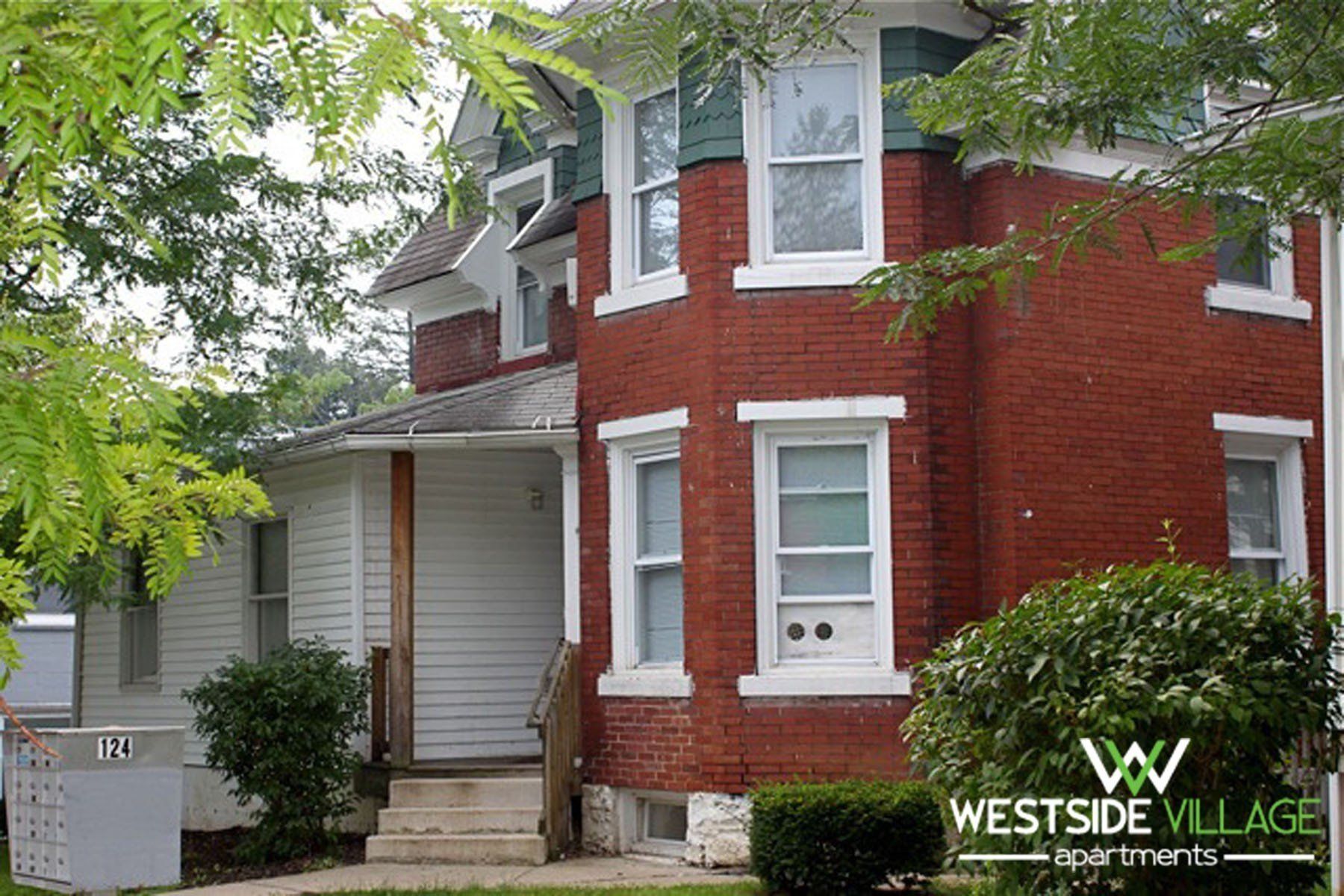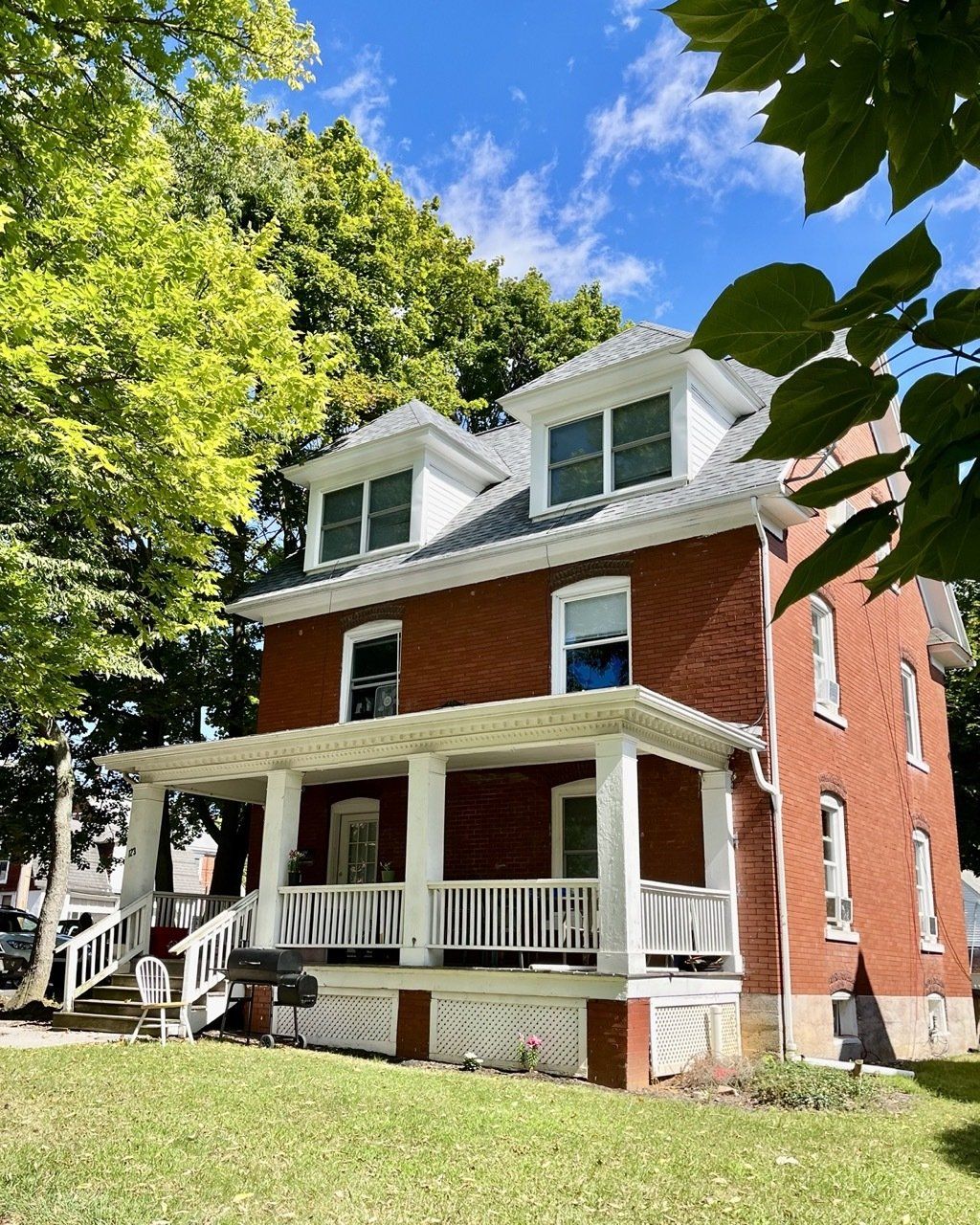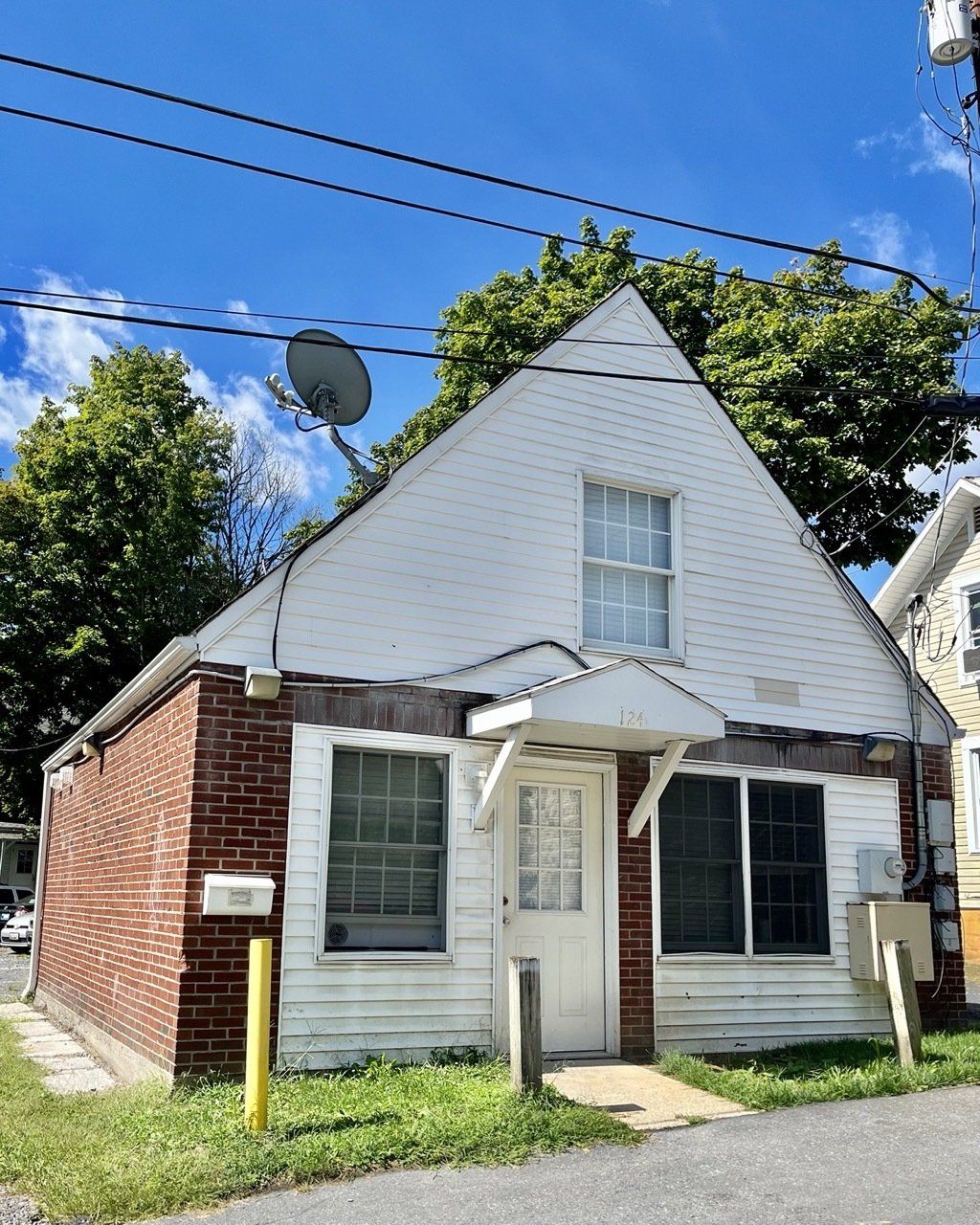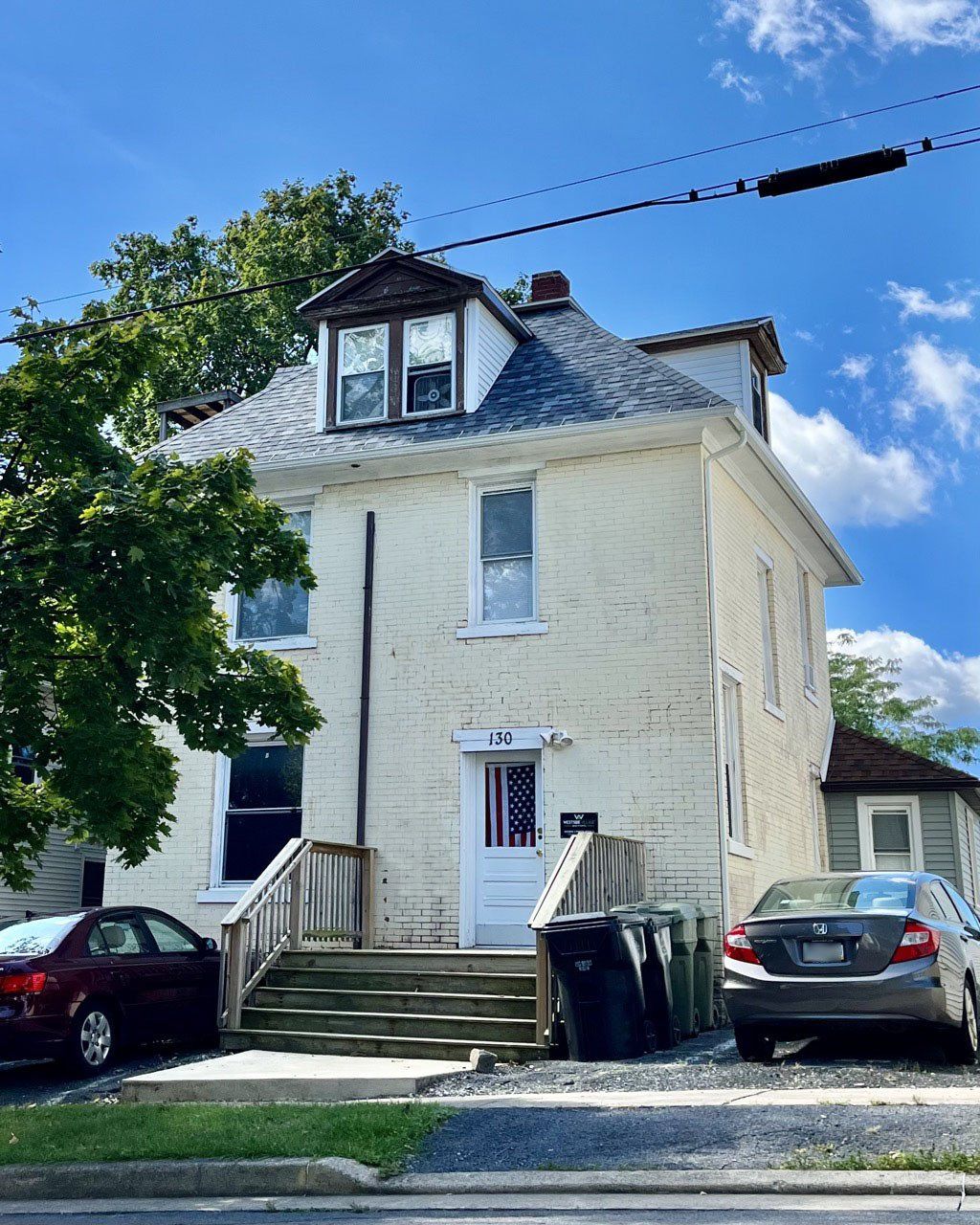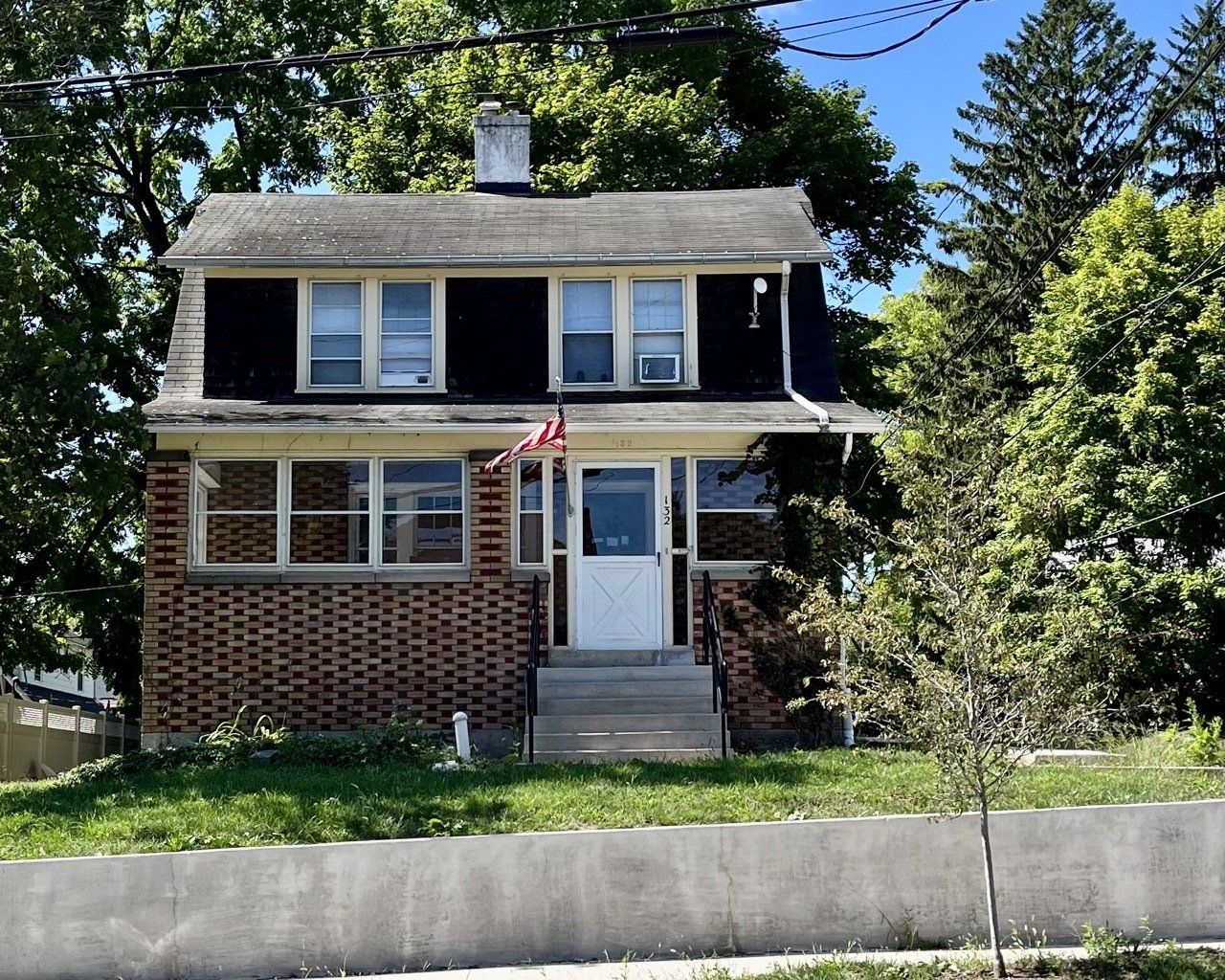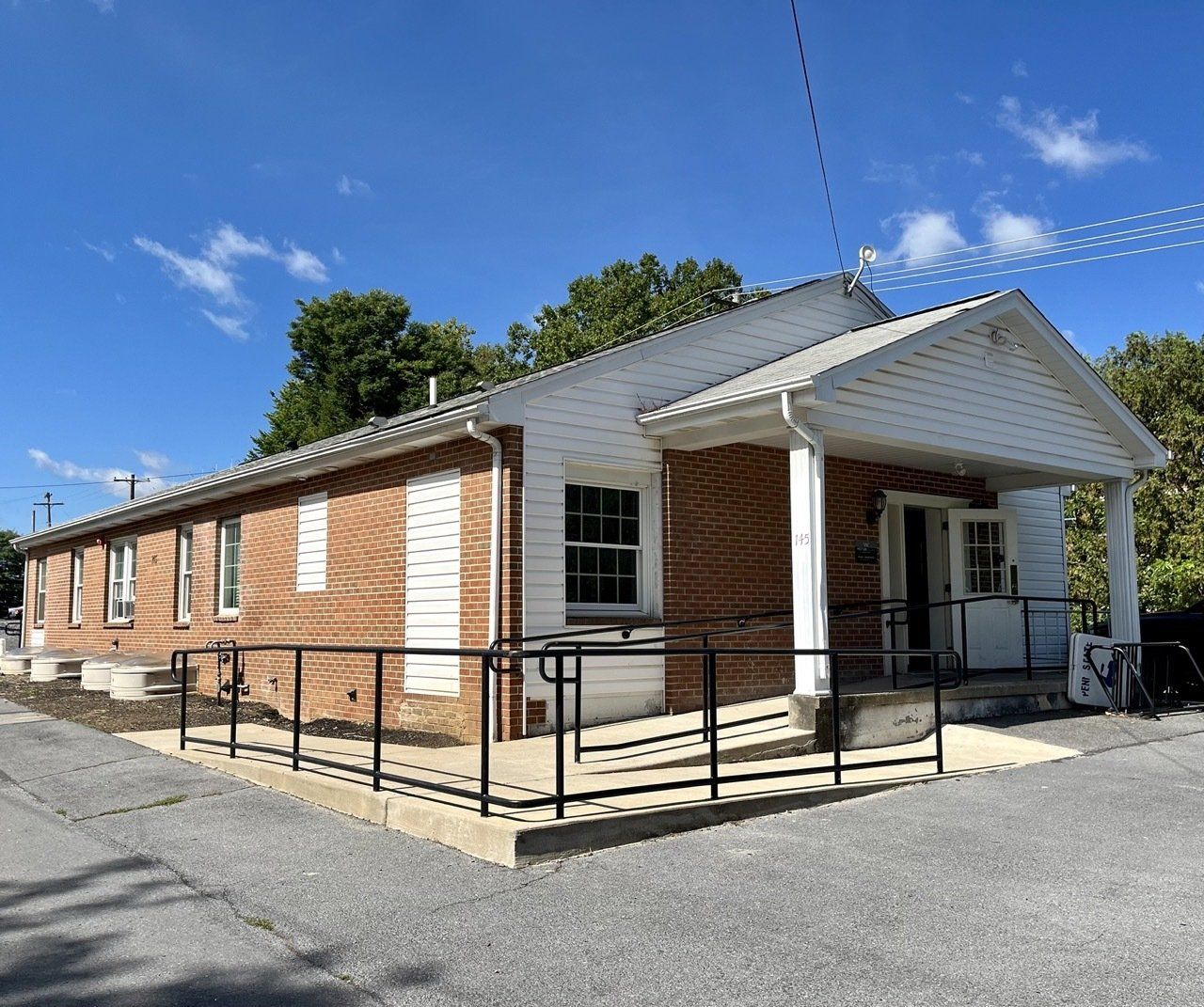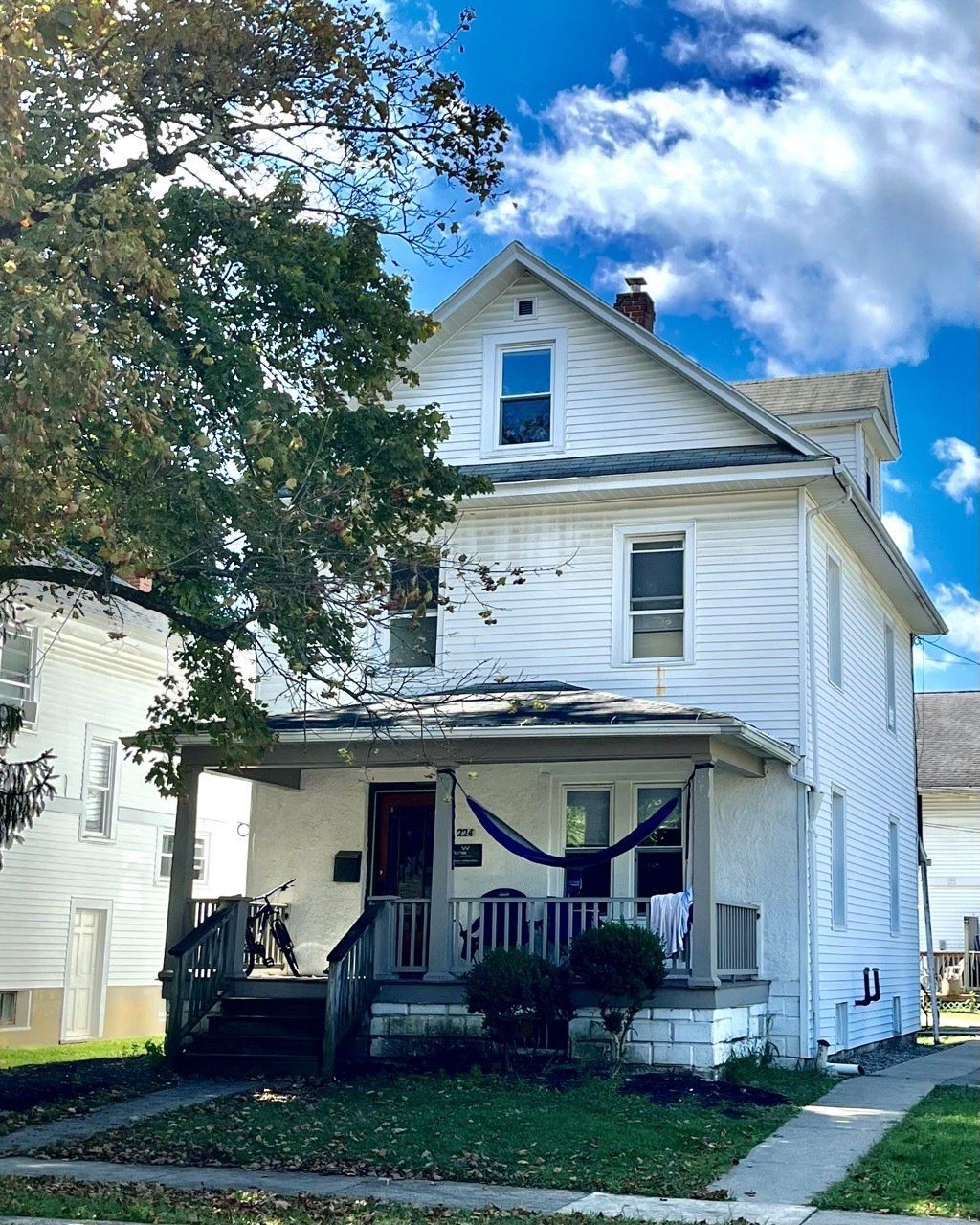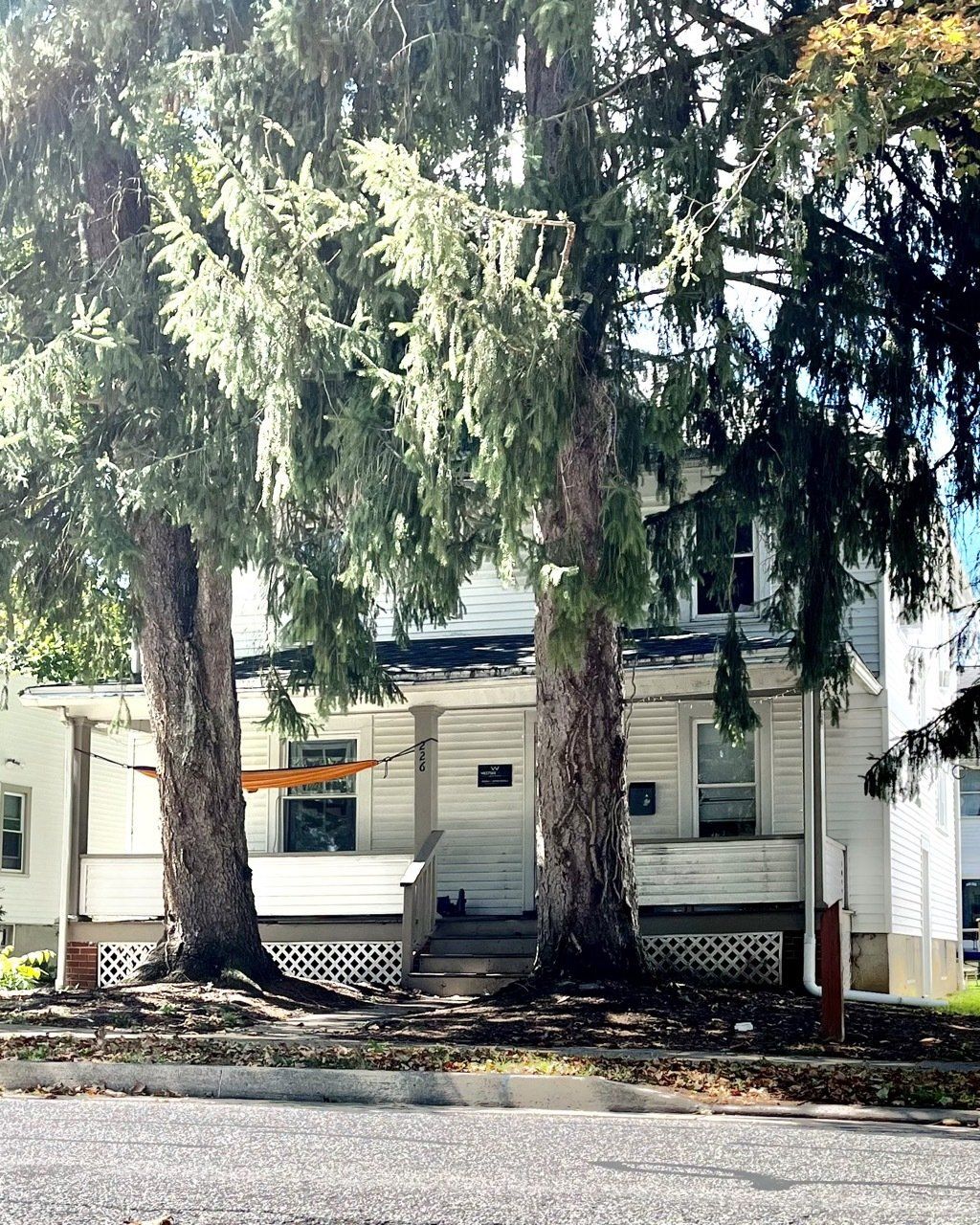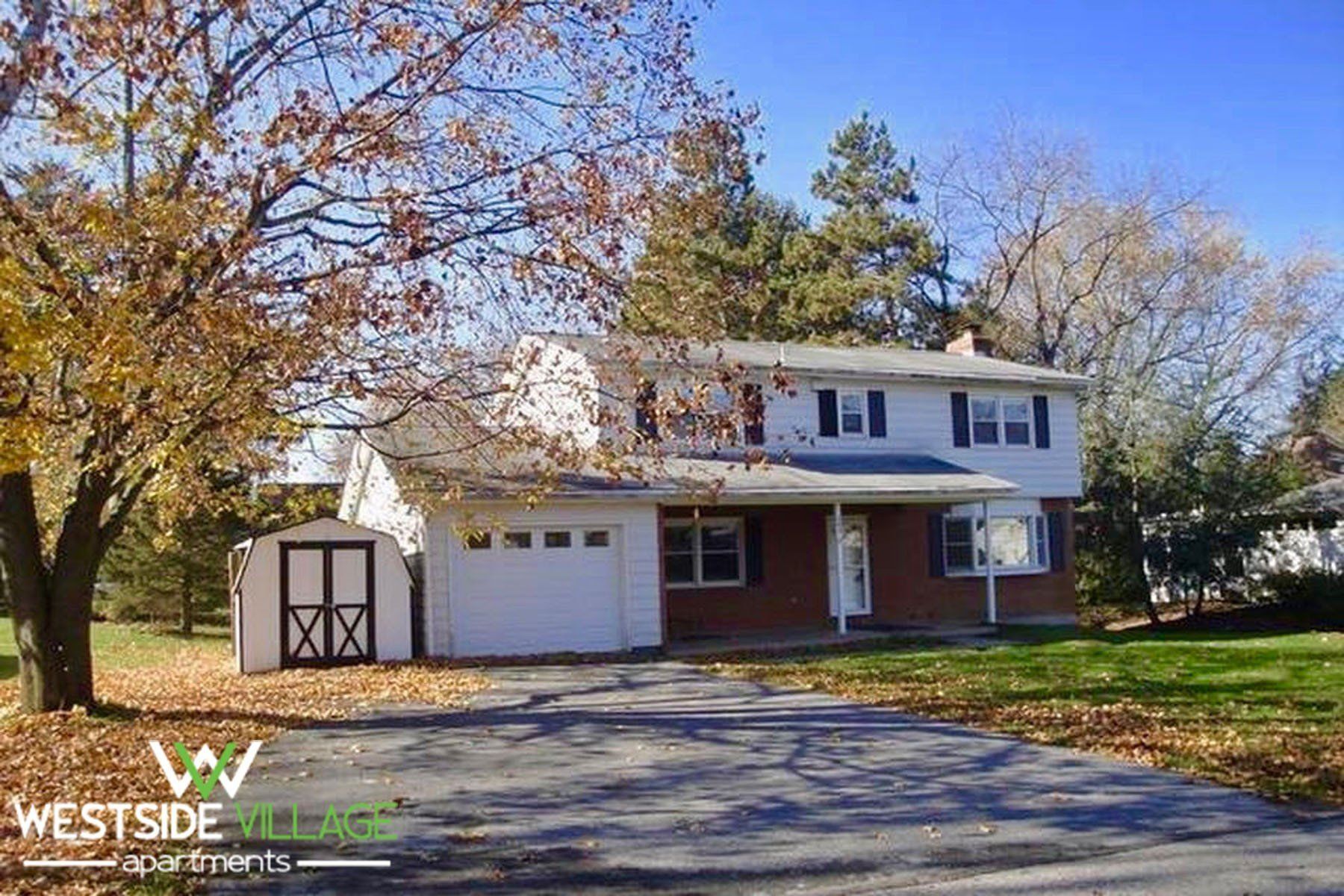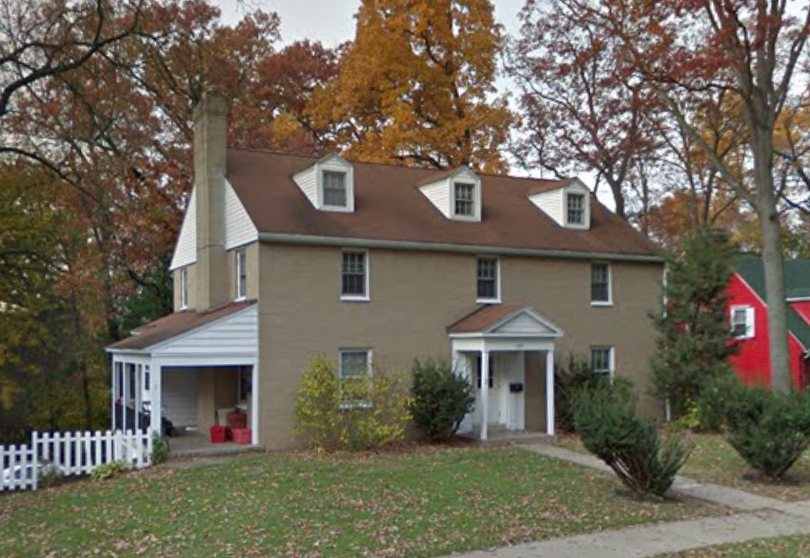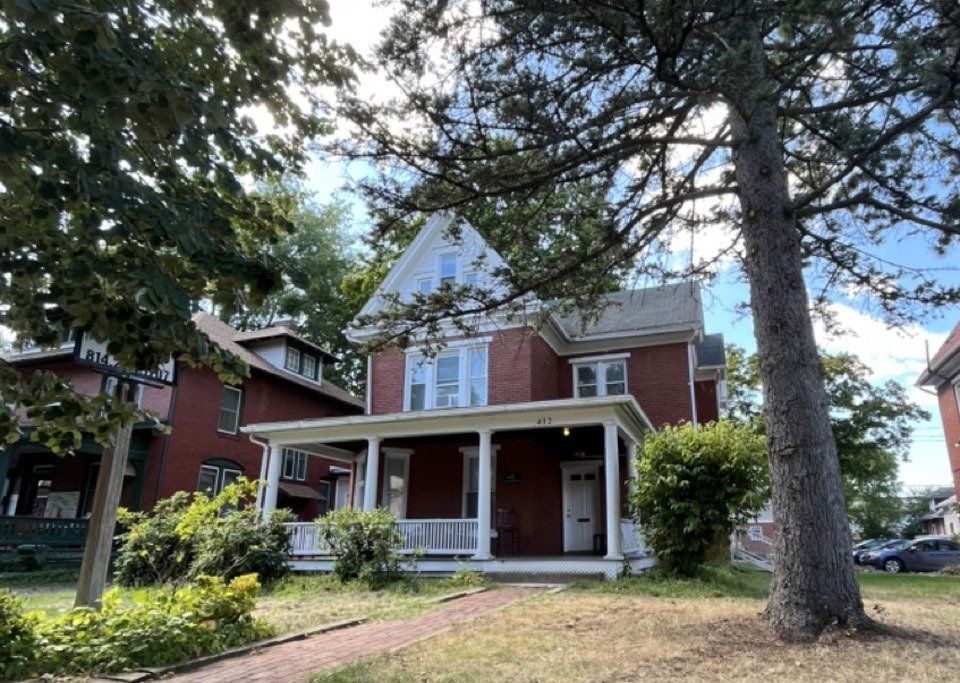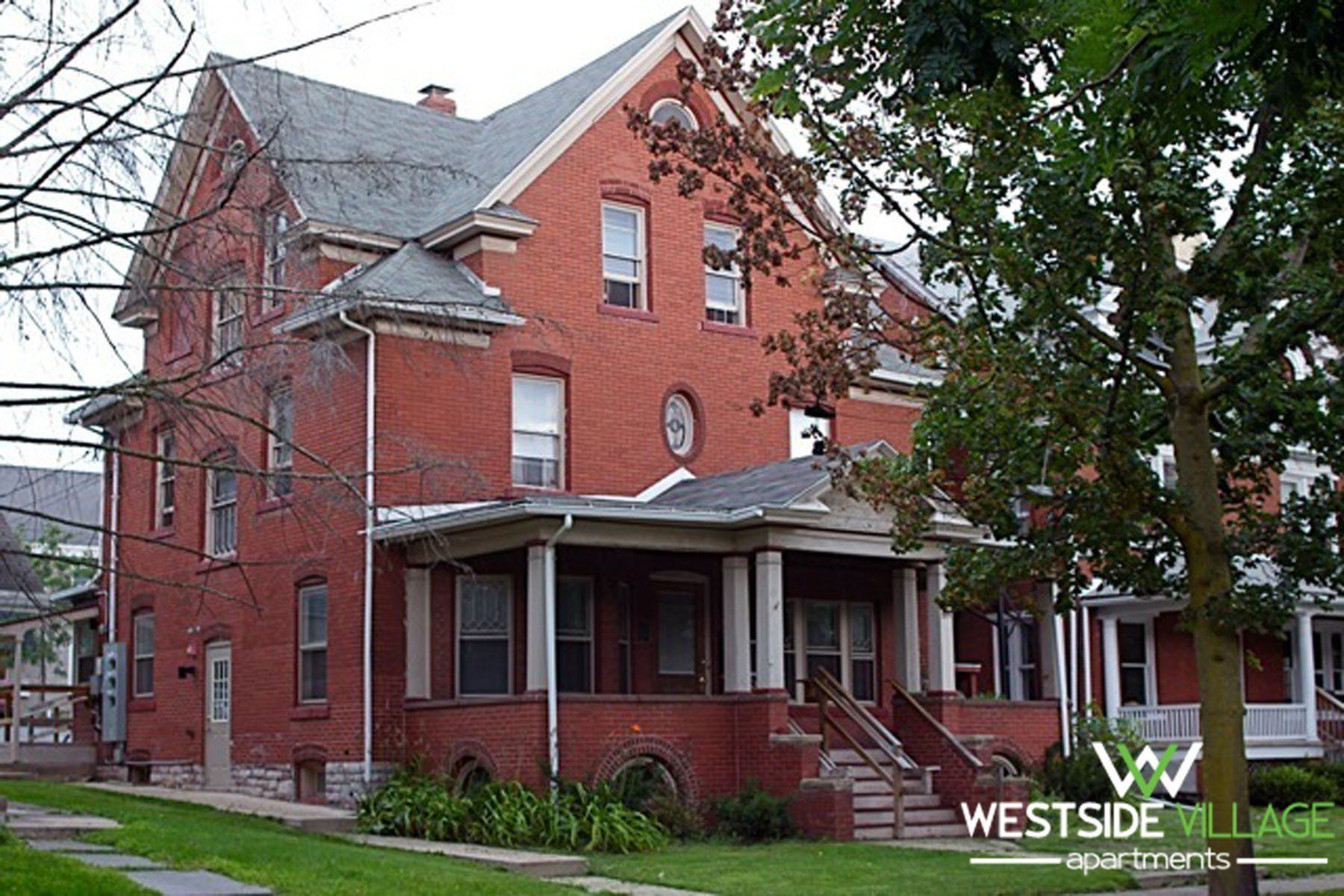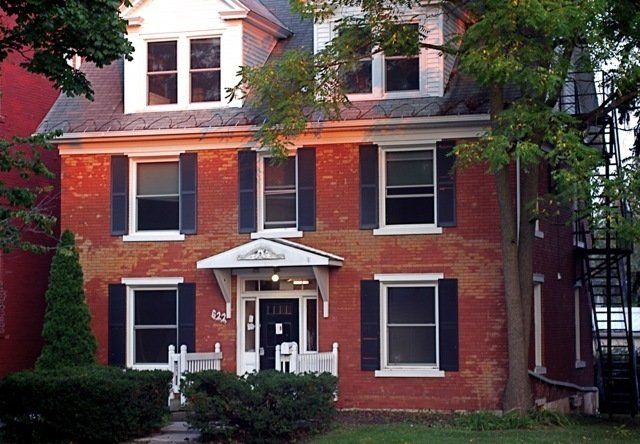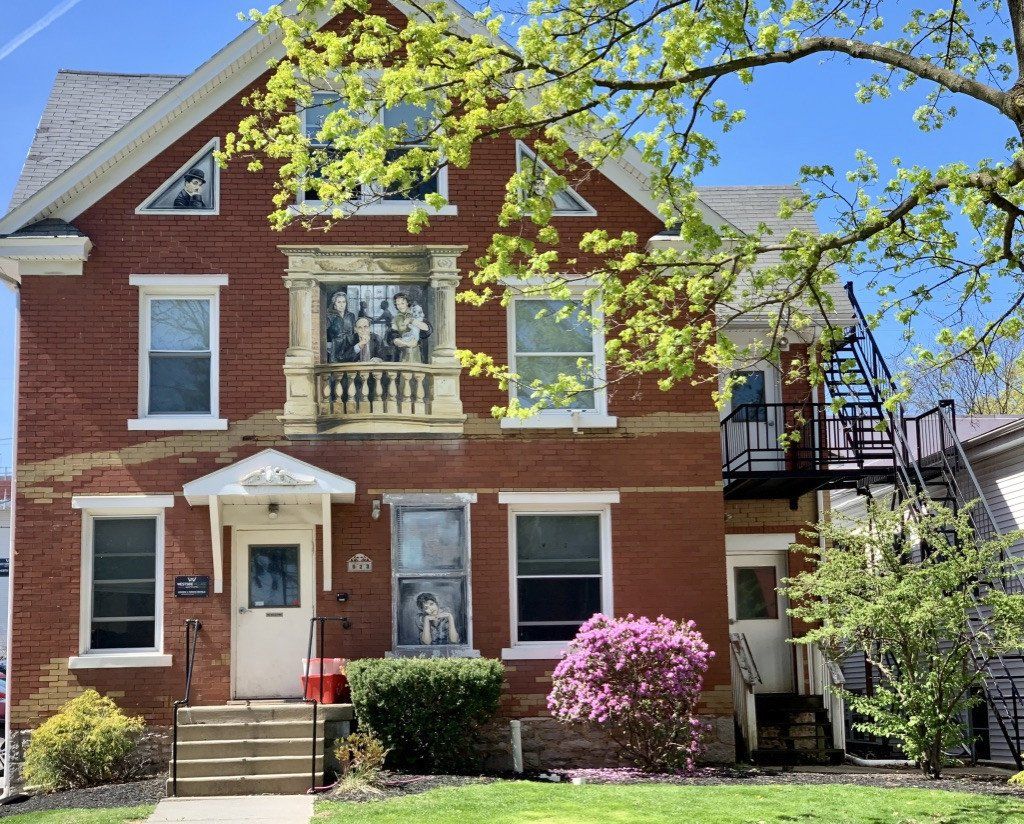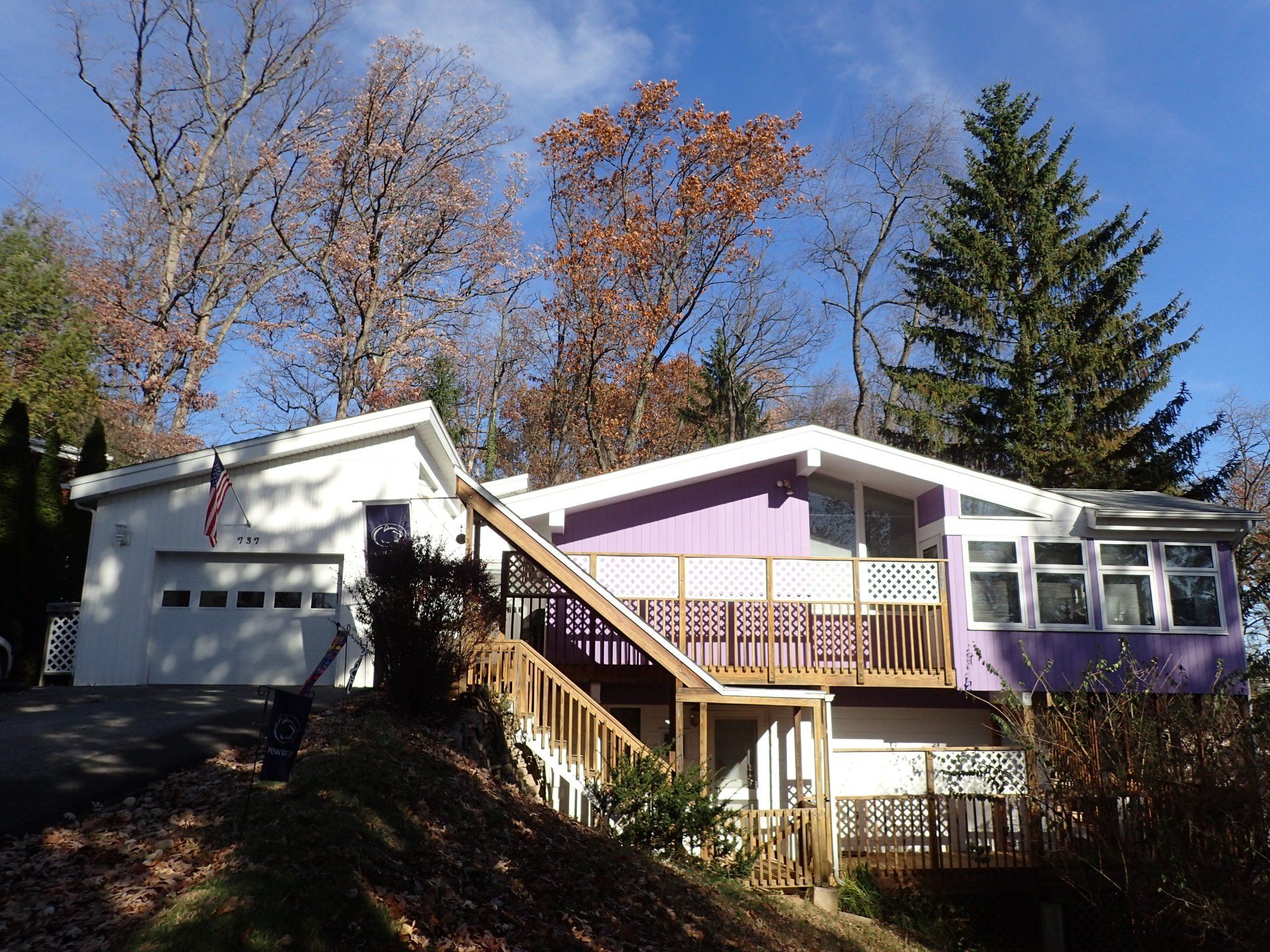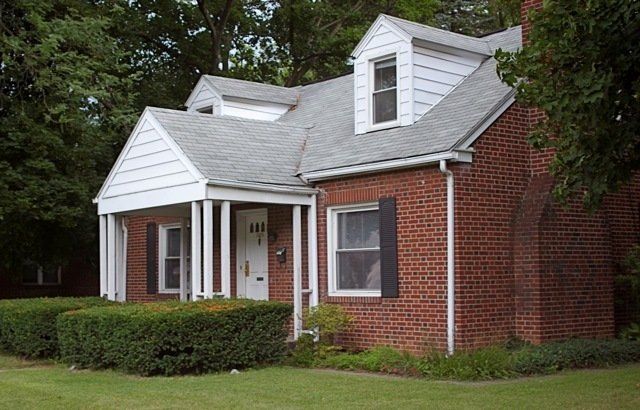View Our Rental Houses around State College
Rental Houses
Rental House Information - FAQs & More
What are the advantages of renting a house over an apartment in State College, PA?
Renting a house often provides more space, privacy and flexibility compared to renting an apartment. You typically get a private yard, more storage space, and fewer shared walls, making it ideal for families, groups of students or anyone looking for more independence. Houses also tend to be in quieter residential neighborhoods.
What is typically included in the rent for a house in State College?
The inclusions in rent can vary widely depending on the property and landlord. Generally, rent for a house might cover the cost of the property itself, but utilities (electricity, water, gas, trash removal) are often the tenant’s responsibility. Some landlords may include certain utilities or services like lawn care or snow removal, so it’s important to clarify what’s covered in your lease.
Is it more expensive to rent a house in State College compared to an apartment?
Renting a house is usually more expensive than renting an apartment, primarily due to the larger space, added privacy and additional amenities such as yards or garages. The cost can be more economical if shared among multiple tenants, such as a group of students.
Can I make changes or renovations to a rental house?
Most landlords require approval for any modifications or renovations to the property. This could include painting walls, installing fixtures, or making structural changes. It’s crucial to get any permissions in writing to avoid potential issues when moving out.
How do I handle maintenance issues when renting a house?
For most maintenance issues, you will need to contact the landlord or property management company. The lease agreement should specify who is responsible for certain types of maintenance. Emergency repairs, like a broken heater in winter, typically require prompt attention from the landlord.
Is subleasing allowed for rental houses in State College?
Subleasing policies vary by landlord. Some landlords may allow subleasing with prior approval, while others may prohibit it entirely. If subleasing is permitted, you’ll need to follow the procedures outlined in your lease agreement, including ensuring the subtenant is approved by the landlord.
Is parking available when renting a house in State College, PA?
Yes, parking is typically available when renting a house in State College, but the specifics can vary depending on the property. Many rental houses offer off-street parking, which might include a driveway, garage or designated parking spaces. The number of spaces may be limited, so it's essential to confirm with the landlord how many vehicles are allowed and whether there are any additional parking fees. If you need additional parking, check out our guide to parking around State College.

